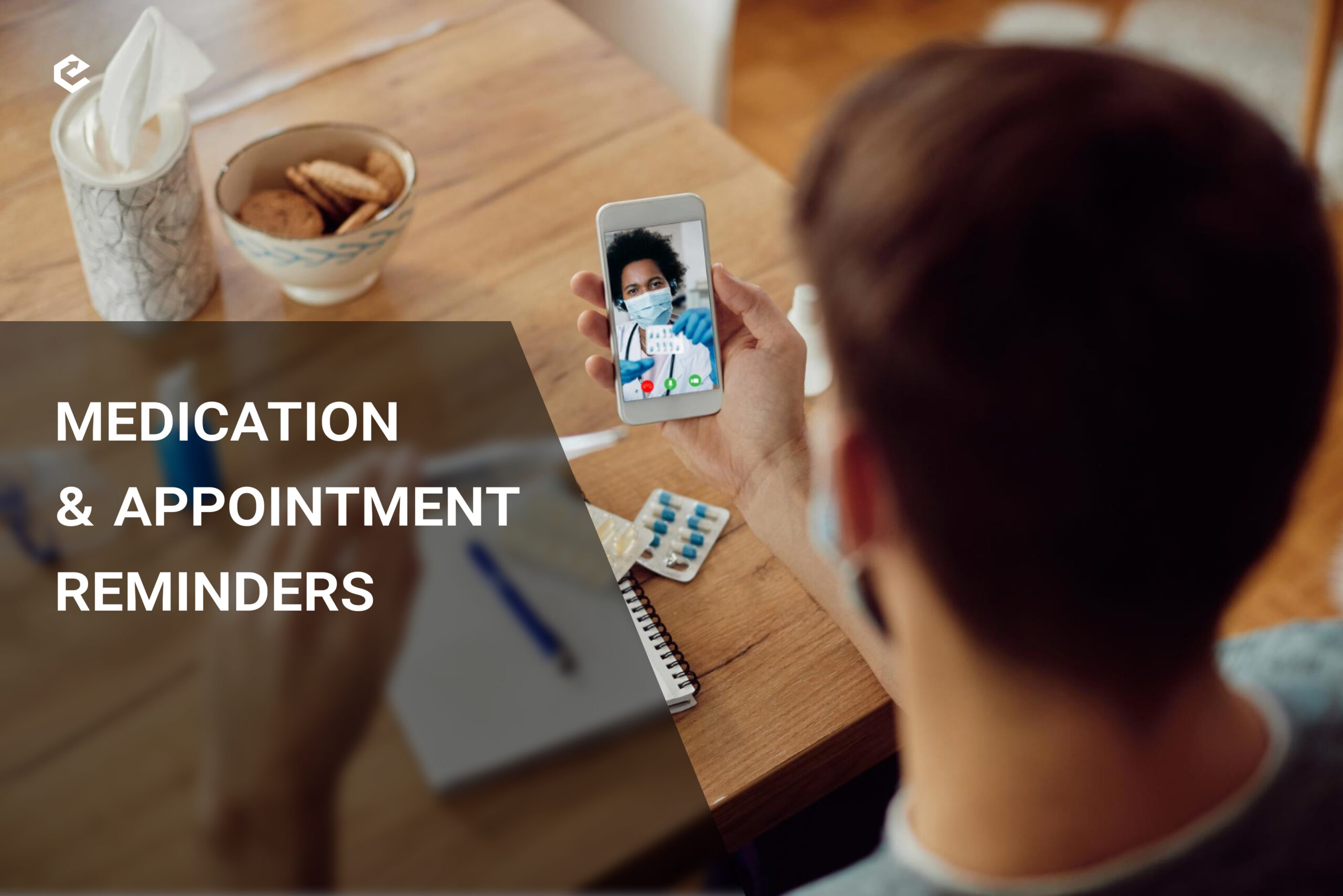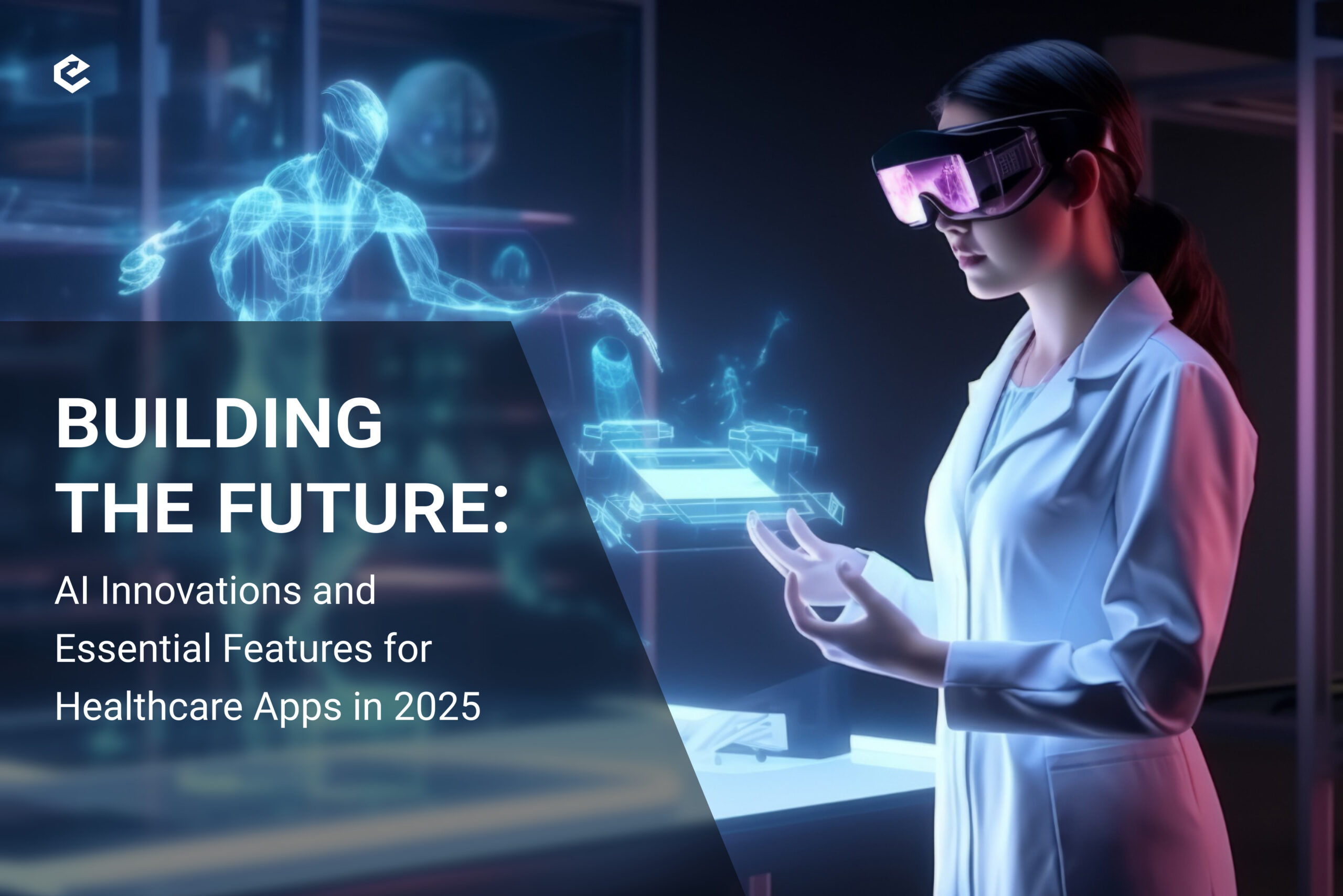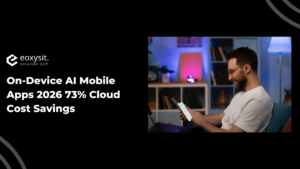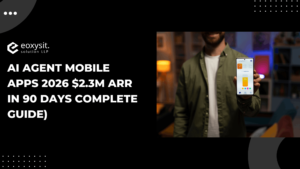Building the Future: AI Innovations and Essential Features for Healthcare Apps in 2025
The Dawn of Intelligent Health Apps
In 2025, healthcare apps in the USA stand at the forefront of an AI-driven revolution—reshaping patient care, clinical workflows, and digital health engagement. Advanced artificial intelligence AI) technologies are no longer optional; theyʼre the foundation for market-leading mobile apps, wearables, and telemedicine platforms. Developers and health systems are rapidly deploying AI powered solutions that offer not just convenience, but real improvements in diagnosis, treatment, and patient outcomes.
AI Innovations Transforming Healthcare App Development
1. Symptom Checkers and Diagnostic AI
Apps now feature AI-based symptom checkers that assess user-reported symptoms against complex disease databases. By applying deep learning and natural language processing, these tools deliver instant, personalized triage—helping users know when to seek a doctor, which questions to ask, and what next steps to take.
2. Predictive Analytics for Proactive Care
Predictive analytics use AI to monitor health data—vitals, activity, lab results, and more—and forecast risks such as disease progression, hospitalizations, or complications. These predictions trigger early interventions and personalized recommendations that improve preventive care and lower costs.

3. Medical Imaging and Real-Time Diagnostics
AI-driven image analysis supports faster, more accurate diagnosis of everything from fractures to cancers. Mobile health apps increasingly integrate AI-powered imaging modules for bedside scans, wound progression, and tele-radiology—improving access to expert analysis across hospitals and clinics.
4. Virtual Consultation and Telemedicine
AI enhances telemedicine platforms by supporting patient intake, auto-filling health records, scheduling, and language translation. During virtual visits, AI tools summarize symptoms, highlight risks for clinicians, and recommend treatment options. Providers use chatbots and virtual assistants for routine follow-ups and patient education.
5. Personalized Treatment Plans
By analyzing genetics, lifestyle, and medical history, AI in healthcare apps helps craft personalized care plans and recommendations. These systems adapt as patient data evolves, optimizing medication, therapy, and monitoring for each user.
6. Medication and Appointment Reminders
Healthcare apps use AI algorithms to learn user patterns and push reminders for medication, appointments, and screenings. Smart scheduling features reduce no-shows and improve patient compliance.

7. Security, Privacy, and Compliance
Given sensitive health data, AI ensures robust security, data encryption, and HIPAA compliance across platforms. New apps offer transparent AI-powered privacy controls and real-time alerts on data activity.
Conclusion: The Road to Smarter Healthcare Apps
AI is setting a new benchmark for healthcare app development: intelligent, proactive, inclusive, and secure. From virtual care and predictive analytics to diagnostics and smart engagement, successful 2025 health apps must leverage these AI capabilities to deliver real impact for patients, providers, and payers.
Ready to innovate? Build AI-powered healthcare apps that redefine care—smarter, faster, and more personal than ever.





